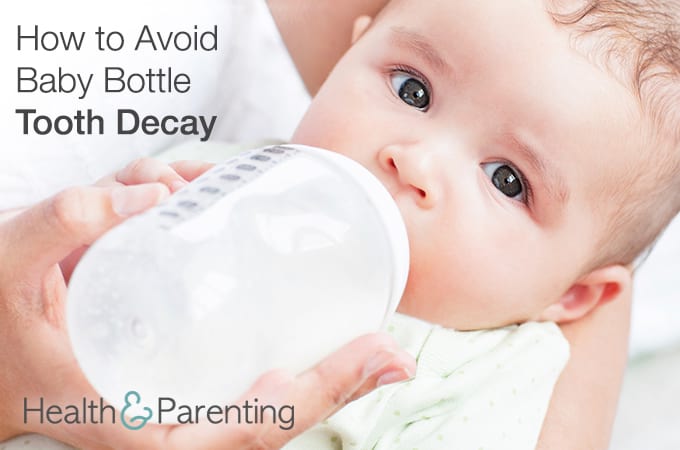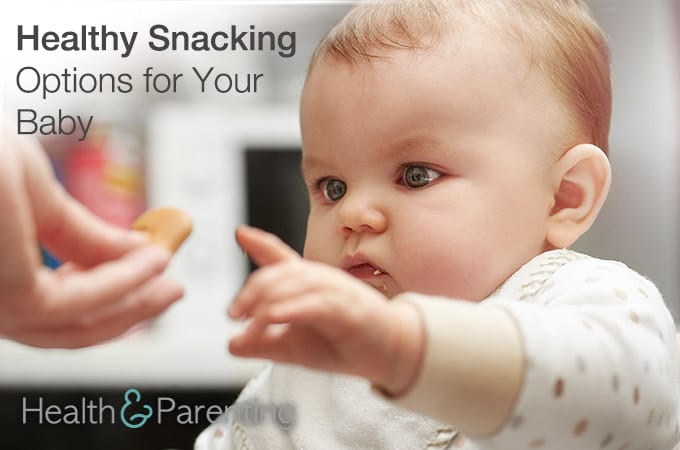You might have grown up with various traditions that you looked forward to each year. Now that you’re a parent, you want to create traditions with your baby. Even if your baby is too young to understand what is going on, it’s never too early to start establishing certain family traditions.
Family traditions can be beneficial for several reasons. For instance, traditions provide people with a sense of belong. Think about it. When you are participating in family traditions, it makes you feel part of something.
Participating in traditions also offers security. Life changes quickly. Children grow up, people move and things don’t stay the same. But a tradition can become a constant you can count on. Traditions help families develop a feeling that no matter how much things change, some things stay the same, which can be comforting.
Creating traditions also brings family and friends together and may create cultural awareness. Developing traditions with your baby also helps you bond as a family and create lasting memories.
How to Develop Traditions with Your Baby
We live in a fast-paced world, which can make developing and maintaining traditions a challenge. But it’s worth the effort. It may take a little planning, but family traditions help us appreciate the people in our lives.
There is no set outline on how to develop family traditions with your baby. What you do, who you share it with and how it should grow over time is up to you. For example, you can continue to enjoy the same traditions with your baby that were passed down to you or start new traditions.
Whether you celebrate holidays with certain activities or welcome a new season by doing something special, a tradition does not have to be an elaborate event or costly trip. For instance, a fun family tradition could include a monthly game night or a trip to a farm to cut down a Christmas tree. Or consider kicking off the summer with a campout in your backyard or host a family potluck every Easter.
When it comes to starting traditions, there are no rules. The specific activity is not as important as the feeling of belonging and closeness you create with your baby and the people you care about.
Keep in mind, family traditions will develop as your baby grows. There may be some things you cannot do while your little one is an infant. But you can also create new traditions as your baby develops more awareness. So get creative and have fun and someday, your baby may carry on the same traditions with her family!
Written by MaryAnn DePietro@writerlady34
This information is not intended to replace the advice of a trained medical doctor. Health & Parenting Ltd disclaims any liability for the decisions you make based on this information, which is provided to you on a general information basis only and not as a substitute for personalized medical advice. All contents copyright © Health & Parenting Ltd 2016. All rights reserved.
















